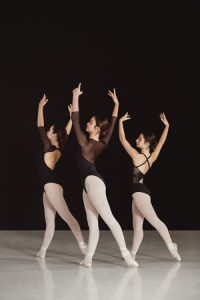 You’re visiting a big city; a place you’ve always wanted to see because it is so culturally and historically significant. Imagine you’ve just paid to take a tour of a world famous landmark, only to discover it is in a foreign language. You can’t understand the guide as she points, you can’t laugh at her anecdotes, and you can’t feel the power in her words as she describes a tragedy. Now imagine this is happening to you in your very own country! Welcome to the world of the deaf traveler.
You’re visiting a big city; a place you’ve always wanted to see because it is so culturally and historically significant. Imagine you’ve just paid to take a tour of a world famous landmark, only to discover it is in a foreign language. You can’t understand the guide as she points, you can’t laugh at her anecdotes, and you can’t feel the power in her words as she describes a tragedy. Now imagine this is happening to you in your very own country! Welcome to the world of the deaf traveler.
Accessibility means providing all patrons with an equal experience and, sadly, we are still not a fully deaf-accessible country. In fact, having lived in New York City for the past year, I can attest that even the biggest city on the eastern seaboard is not very accommodating to the deaf. It truly pains me to say that! Too often, I see deaf individuals lost: not knowing that a subway line has changed, because they couldn’t hear the announcement. Nearly every time I set foot into a waiting room, I notice that the closed captioning has not been turned on for deaf patrons. If deaf tourists ask me where they should visit, the list of places where they can get an ASL-guided tour is shockingly short. When sitting in JFK airport, I wonder who will explain to the deaf passengers what is happening if there is an emergency.
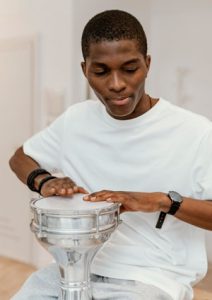
“Wow, I hadn’t even thought about that!” This is the reaction I usually receive when pointing out unequal provisions. I almost never hold individuals responsible for lack of accessibility, since I understand that to be the truth. If you are not deaf, or do not have deaf friends or family members, you probably do not think about providing captioning or interpreters for equal access. Unless you are a hearing person who works within the deaf community, accommodating deaf needs can remain a bit of a mystery to you, and that is not necessarily your fault, Deaf culture is one-of-a-kind!
Accessibility should not fall on the shoulders of individual citizens, it starts at the top down. It starts with laws and corporate requirements. Accessibility is something that our society needs to institutionalize if we ever want to ensure it happens. It is the expectation of equality, which we should all demand as citizens. If we do, it will be a gradual shift until we reach a point where each of us don’t have to think about equal access, it is just there. This will only happen when we make the heads of these organizations assign a higher value on the customer experience they provide. This will only happen when a city landmark, tourist attraction, or public transportation line acknowledges the driving force behind their business is the individual.
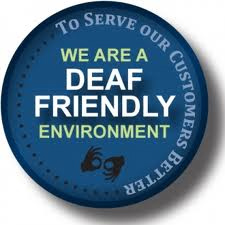 Sure, each person may feel overwhelmed in the face of unequal access, but we have the power to create subtle societal shifts. We have the power to complain to the manager each and every time captioning is not provided when it should be. Until one day, that manager complains to his boss and so on. We have the power to write to our local lawmakers about tax money funding organizations that do not serve the deaf. Until one day, they see how important that is to all of us, and require equal access. We have the power to start the snowball rolling down the hill, and we should not be shy about using it! Equality does not exclude race or gender or religion or ability, or it is not equality. Period.
Sure, each person may feel overwhelmed in the face of unequal access, but we have the power to create subtle societal shifts. We have the power to complain to the manager each and every time captioning is not provided when it should be. Until one day, that manager complains to his boss and so on. We have the power to write to our local lawmakers about tax money funding organizations that do not serve the deaf. Until one day, they see how important that is to all of us, and require equal access. We have the power to start the snowball rolling down the hill, and we should not be shy about using it! Equality does not exclude race or gender or religion or ability, or it is not equality. Period.
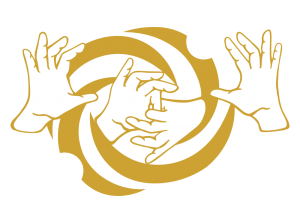

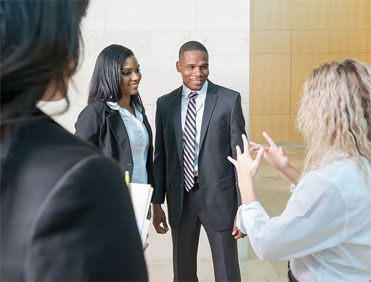
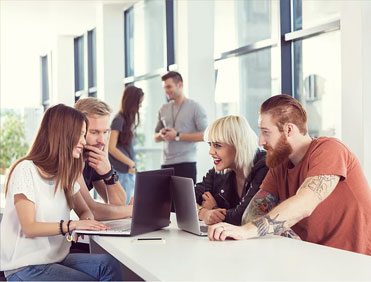
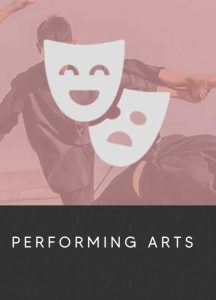
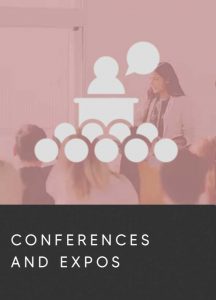
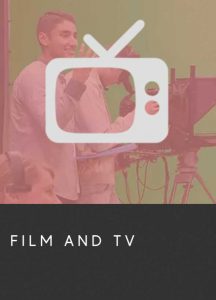

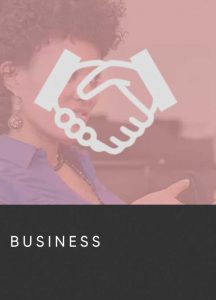
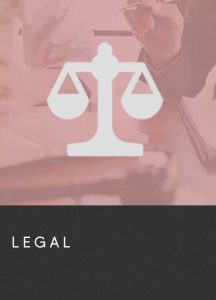

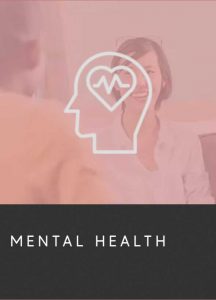
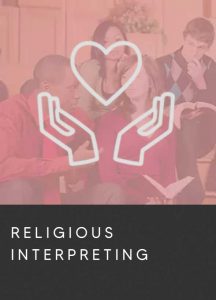
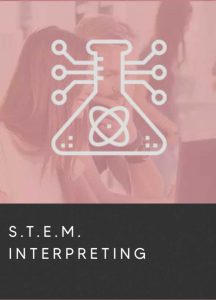
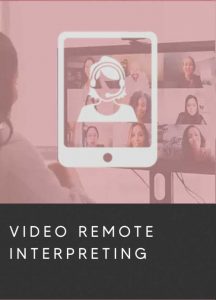
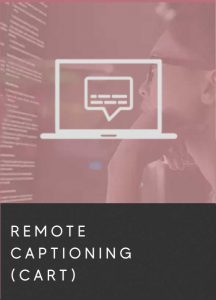

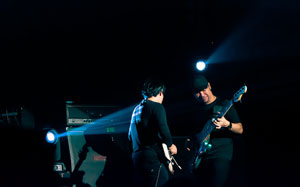 From a young age, deaf individuals receive many conflicting messages about who they are and where they fit into society. Deaf America has had a rocky relationship with the media because deafness is still an anomaly to the hearing people who write, direct, and produce most popular programming. It is so rare to see an accurate depiction of a deaf character, that it seems like the people who script TV shows do not even have deaf friends or family members from which they can draw reference. On the chance we do encounter an honest televised glimpse into the world of Deaf culture, it is applauded with a standing ovation, because the silent world of ASL is captivating, for deaf and hearing alike!
From a young age, deaf individuals receive many conflicting messages about who they are and where they fit into society. Deaf America has had a rocky relationship with the media because deafness is still an anomaly to the hearing people who write, direct, and produce most popular programming. It is so rare to see an accurate depiction of a deaf character, that it seems like the people who script TV shows do not even have deaf friends or family members from which they can draw reference. On the chance we do encounter an honest televised glimpse into the world of Deaf culture, it is applauded with a standing ovation, because the silent world of ASL is captivating, for deaf and hearing alike! The success of ABC Family’s “Switched at Birth” has me feeling very encouraged about the direction of Deafness and pop culture. The television program centers around deaf characters, and recently aired an “All ASL” episode (with static subtitles), which was well-received by general audiences. Although the show is a TV drama, so not true-to-life by virtue, I think it’s extremely refreshing to see deaf actors and actresses, and hope the inclusion of deaf characters expands into other prime time programs.
The success of ABC Family’s “Switched at Birth” has me feeling very encouraged about the direction of Deafness and pop culture. The television program centers around deaf characters, and recently aired an “All ASL” episode (with static subtitles), which was well-received by general audiences. Although the show is a TV drama, so not true-to-life by virtue, I think it’s extremely refreshing to see deaf actors and actresses, and hope the inclusion of deaf characters expands into other prime time programs. Deaf culture is alive and well in America, but for so many years it went unnoticed because it’s silent. I can tell you now, my deaf family members are some of the most chatty people you’ll meet! What the telephone and radio did for hearing communication, text messaging and social media have done for deaf communications. No longer are we living separated by languages, not when we have instant access to so much knowledge. On the Internet, deaf individuals can “shout” as loudly as hearing people can! We can all can voice opinions via blogs or video– connecting as a larger culture, without the inconvenience of a communication barrier.
Deaf culture is alive and well in America, but for so many years it went unnoticed because it’s silent. I can tell you now, my deaf family members are some of the most chatty people you’ll meet! What the telephone and radio did for hearing communication, text messaging and social media have done for deaf communications. No longer are we living separated by languages, not when we have instant access to so much knowledge. On the Internet, deaf individuals can “shout” as loudly as hearing people can! We can all can voice opinions via blogs or video– connecting as a larger culture, without the inconvenience of a communication barrier.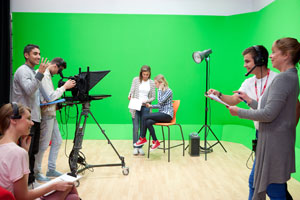 As technology evolves, the Deaf are being seen and “heard” more than ever before! In my experience, hearing people are very receptive to Deaf culture once they understand that it is it’s own awesome subset of American culture. Most clashing comes from ignorance and misunderstanding, not intentional oppression. Accurate pop culture inclusion of deafness could really change that by making it normal to see deaf and hearing people interacting. Most hearing people I have met respect sign language, and some immediately want to
As technology evolves, the Deaf are being seen and “heard” more than ever before! In my experience, hearing people are very receptive to Deaf culture once they understand that it is it’s own awesome subset of American culture. Most clashing comes from ignorance and misunderstanding, not intentional oppression. Accurate pop culture inclusion of deafness could really change that by making it normal to see deaf and hearing people interacting. Most hearing people I have met respect sign language, and some immediately want to  You’re visiting a big city; a place you’ve always wanted to see because it is so culturally and historically significant. Imagine you’ve just paid to take a tour of a world famous landmark, only to discover it is in a foreign language. You can’t understand the guide as she points, you can’t laugh at her anecdotes, and you can’t feel the power in her words as she describes a tragedy. Now imagine this is happening to you in your very own country! Welcome to the world of the deaf traveler.
You’re visiting a big city; a place you’ve always wanted to see because it is so culturally and historically significant. Imagine you’ve just paid to take a tour of a world famous landmark, only to discover it is in a foreign language. You can’t understand the guide as she points, you can’t laugh at her anecdotes, and you can’t feel the power in her words as she describes a tragedy. Now imagine this is happening to you in your very own country! Welcome to the world of the deaf traveler.
 Sure, each person may feel overwhelmed in the face of unequal access, but we have the power to create subtle societal shifts. We have the power to complain to the manager each and every time captioning is not provided when it should be. Until one day, that manager complains to his boss and so on. We have the power to write to our local lawmakers about tax money funding organizations that do not serve the deaf. Until one day, they see how important that is to all of us, and require equal access. We have the power to start the snowball rolling down the hill, and we should not be shy about using it! Equality does not exclude race or gender or religion or ability, or it is not equality. Period.
Sure, each person may feel overwhelmed in the face of unequal access, but we have the power to create subtle societal shifts. We have the power to complain to the manager each and every time captioning is not provided when it should be. Until one day, that manager complains to his boss and so on. We have the power to write to our local lawmakers about tax money funding organizations that do not serve the deaf. Until one day, they see how important that is to all of us, and require equal access. We have the power to start the snowball rolling down the hill, and we should not be shy about using it! Equality does not exclude race or gender or religion or ability, or it is not equality. Period.





